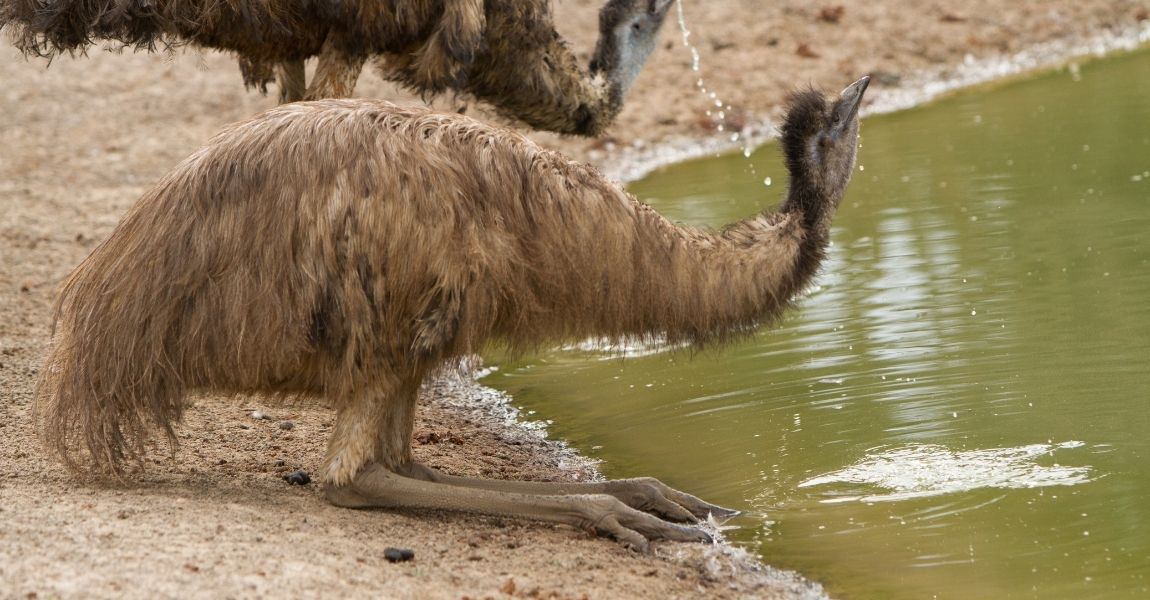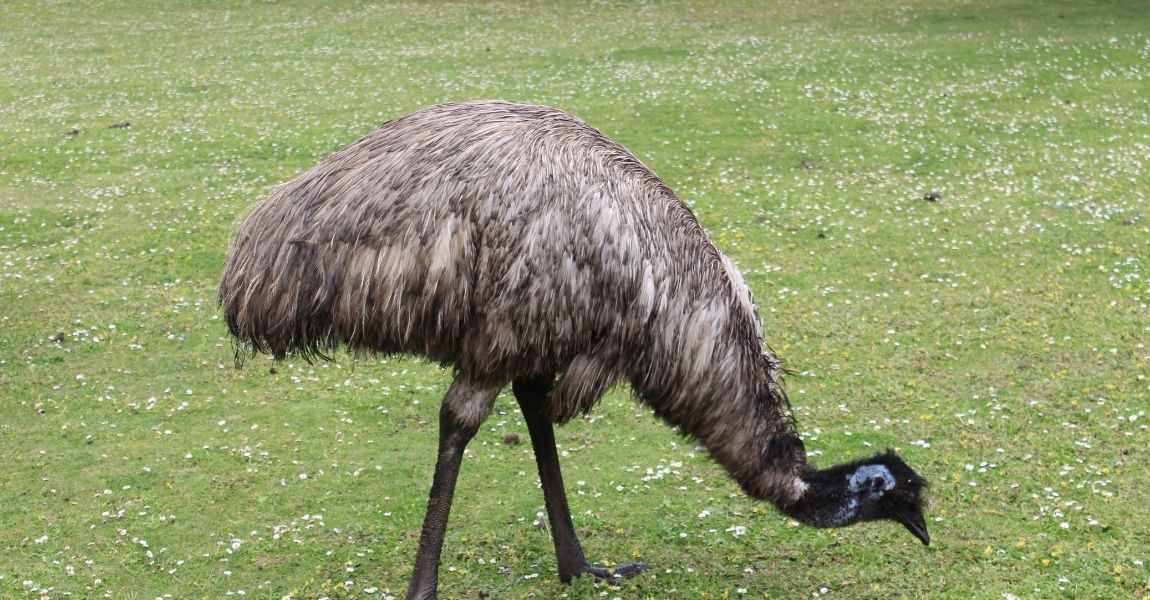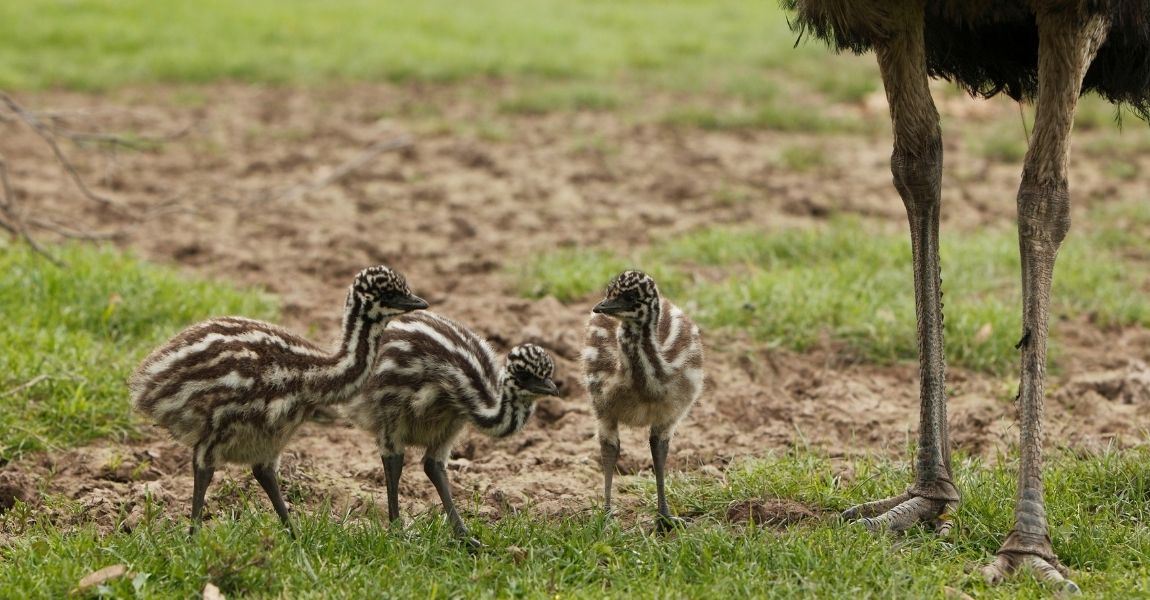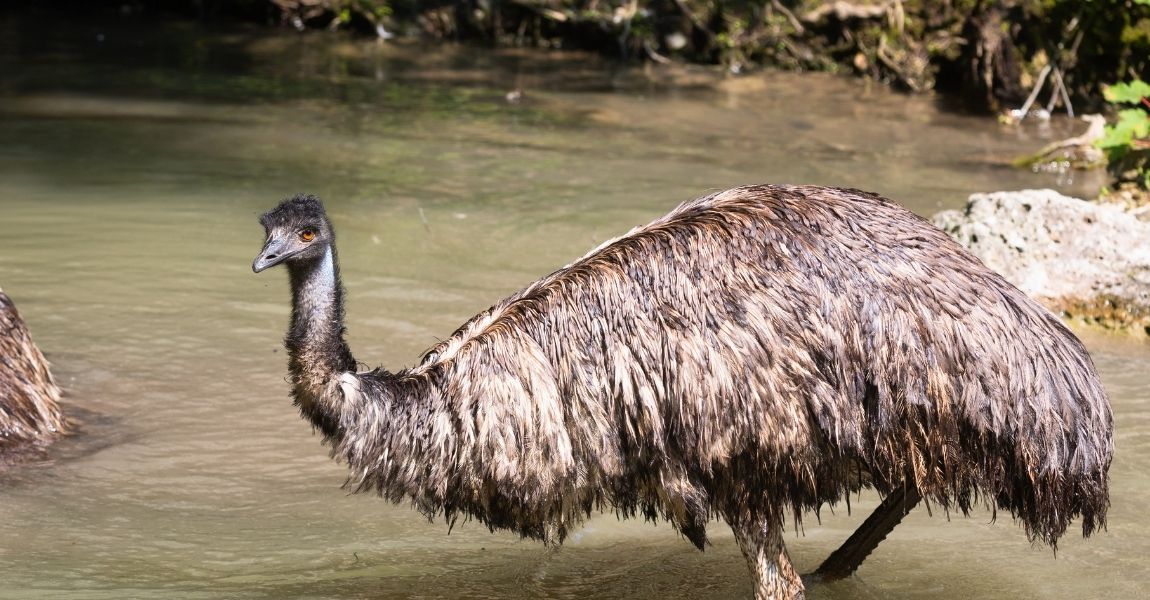Understanding Strange Behavior from Emus
Feather Fluffing and Wing Spreading:
Emus have a natural instinct to fluff their feathers and spread their wings. This behavior serves several purposes, including regulating body temperature, expressing excitement or agitation, and displaying dominance or courtship behavior. So, if you observe an emu fluffing its feathers or spreading its wings, it's likely a normal part of their behavior.
Vocalization:Emus are vocal creatures and can produce a range of sounds, including grunts, hisses, booms, and drumming noises. These vocalizations serve various purposes, such as communication between individuals, expressing territoriality, or attracting mates. If you hear an emu making unusual sounds, it could be a response to its environment or an attempt to communicate with others.
Head Movements and Bobbing:Emus have a distinctive head movement characterized by bobbing up and down or side to side. This behavior helps them with depth perception and scanning their surroundings for potential threats or sources of food. It's their way of being alert and aware of their environment. So, don't be surprised if you see an emu bobbing its head—it's just their natural behavior.
Curiosity and Investigative Behavior:Emus are naturally curious birds and have a tendency to investigate objects or situations that catch their attention. They may peck at or examine things with their beaks and show interest in unfamiliar items or movements. This behavior is their way of exploring their surroundings and learning about their environment. However, it's essential to ensure that the objects they investigate are safe and non-toxic for them.
Kicking or Charging:Emus have powerful legs and can deliver strong kicks if they feel threatened or cornered. This behavior is a defense mechanism and a way for them to protect themselves. It's important to give emus their space and avoid provoking them to prevent any aggressive behavior. If you encounter an emu displaying signs of aggression, it's best to retreat calmly and maintain a safe distance.
Dust Bathing:Emus often engage in dust bathing, which involves lying on the ground and vigorously rubbing their bodies against the dust or dirt. This behavior helps them maintain feather health, remove parasites, and regulate oil distribution in their plumage. Dust bathing is a natural behavior and essential for their well-being.
Feather Plucking or Self-Mutilation:In some cases, emus may exhibit feather plucking or self-mutilation behavior, which can be a sign of stress, boredom, or underlying health issues. If you notice an emu engaging in excessive feather plucking or self-harm, it's crucial to investigate the underlying cause and seek advice from a veterinarian or avian specialist to address the problem.
Understanding and respecting emus' behavior is key to interacting positively with these magnificent birds. Always remember to observe them from a safe distance, provide them with appropriate care and environment, and consult professionals if you have concerns about their well-being. By appreciating their unique behaviors, we can develop a deeper understanding and admiration for these remarkable creatures.





